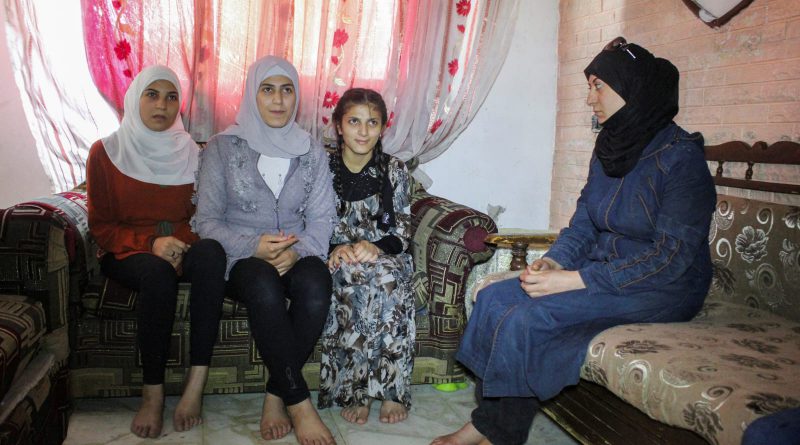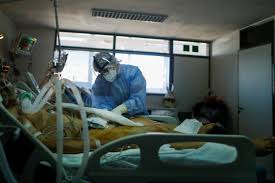Syrians still endure poverty despite relative calm and renewed Arab ties
Reuters
While Arab states donated to relief efforts and welcomed Assad back to the Arab League, there has been no sign of the Arab investment many Syrians in government-held areas had hoped would help revive the economy.
Nesma Daher survived years of war in a Damascus suburb that was on the frontlines of Syria’s conflict. But well after the guns fell silent in her area and even as her country’s regional isolation thaws, she says life only gets harder.
A widow from Douma, a rebel-held town until 2018 when government forces took it back, Daher says sometimes she can only feed her four children one meal a day. The family survives on cash assistance from an NGO equivalent to about $7 a month.
Her youngest son, 12, has quit school to work at a factory. “From the day of their father’s passing, the days were hard and only got harder,” said Daher, 35.
It is a snapshot of the poverty afflicting Syria after more than 12 years of conflict, which mushroomed out of protests against President Bashar al-Assad’s rule in 2011.
Since then, at least 350,000 people have been killed, millions uprooted and public infrastructure left in ruins.
Though the main frontlines have barely moved in years, with Assad controlling most of the country, humanitarian needs are at their greatest yet.
The United Nations says more than 15 million people need aid across the country – a record number.
GDP has dropped by more than a half between 2010 and 2020, the World Bank says, and an ever-declining local currency fuels inflation.
Amid other international emergencies, the United Nations is struggling to fund its support to Syrians in need. In June, it said its appeal for humanitarian work in Syria this year – $5.4 billion – had only been 11% funded.
The devastating earthquake that hit Syria and neighbouring Turkey in February only compounded the suffering.
While Arab states donated to relief efforts and welcomed Assad back to the Arab League, there has been no sign of the Arab investment many Syrians in government-held areas had hoped would help revive the economy.
Sanctions An Obstacle
The government blames Western sanctions.
“Many foreign and Arab companies visited the Syrian Investment Authority,” said Madian Diab, its director. “But the economic sanctions are a major obstacle, for fear that the sanctions imposed on Syria will affect them.”
U.S. sanctions, tightened in 2020, can freeze the assets of anyone dealing with Syria, regardless of nationality.
The World Bank lists sanctions among several shocks that have hit economic conditions, alongside armed conflict, drought, and the effects of a financial crisis in neighbouring Lebanon.
Jihad Yazigi, an expert on Syria’s economy, said even Syrians for whom sanctions are not a worry do not invest due to a difficult business climate, citing corruption, along with shortages of manpower and inputs for production.
“We sometimes find a company established by investors from foreign countries including the Gulf or Europe even – but they rarely or almost never materialize into anything,” he said.
“To a large extent, this is due to sanctions.”
The United States says the sanctions aim to put pressure on Damascus for a political solution.
Mohieldin Melhan, 44, a local official in Douma, said he had expected things to improve, especially after Assad was invited to an Arab summit in Saudi Arabia in May. But ever more people are in need, with some “selling the furniture to live”, he said.
Obeida Abu Mohamed, 33, opened a car spare parts workshop in Douma in 2019. Business has declined, particularly in the last six months as people fix rather than buy new ones.
“Nobody can afford them,” said the father of two.
Today, he does not make enough to cover the rent on the premises or feed his family, he said.
“I don’t have enough money to buy all the food we need.”



